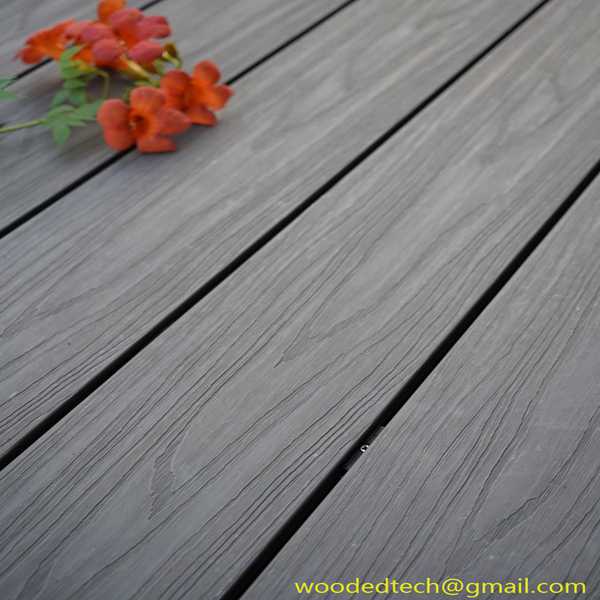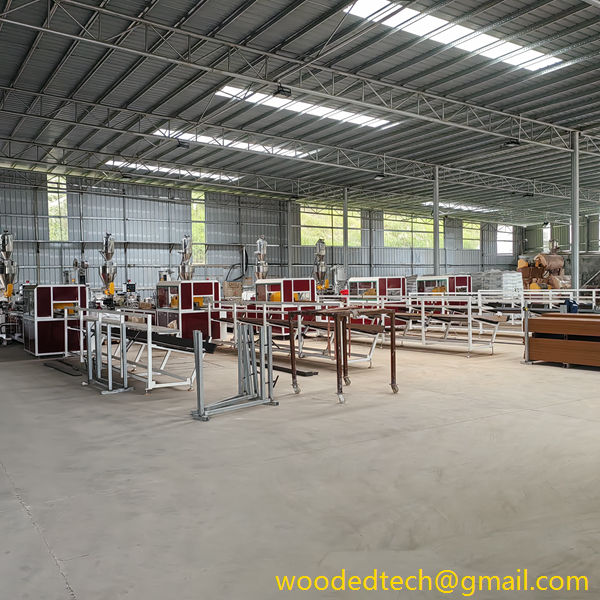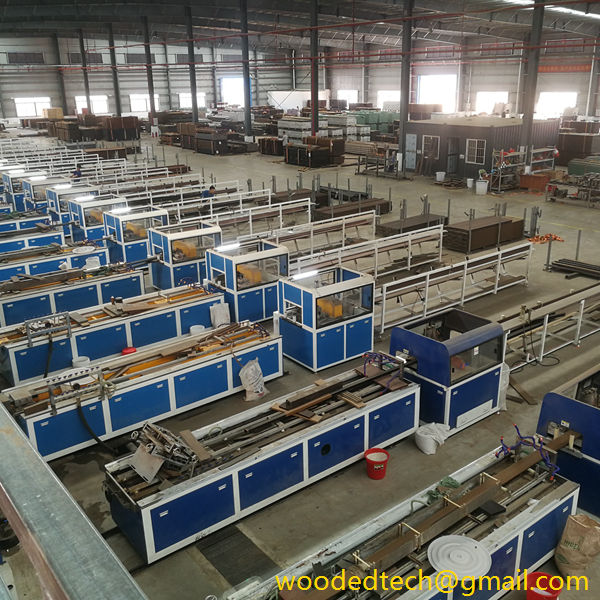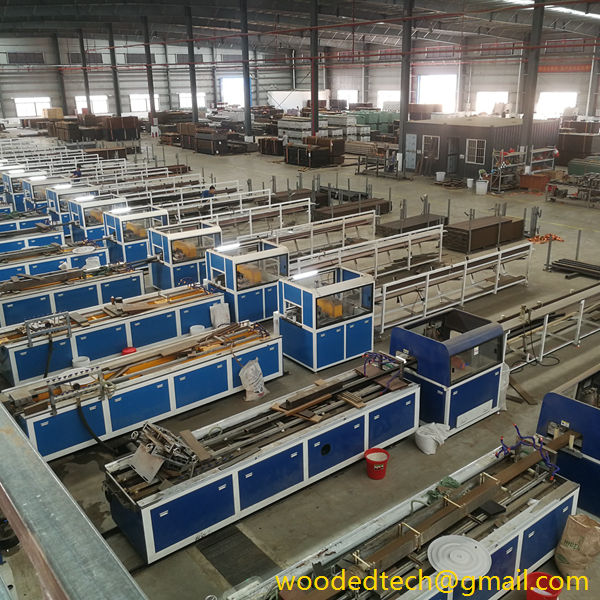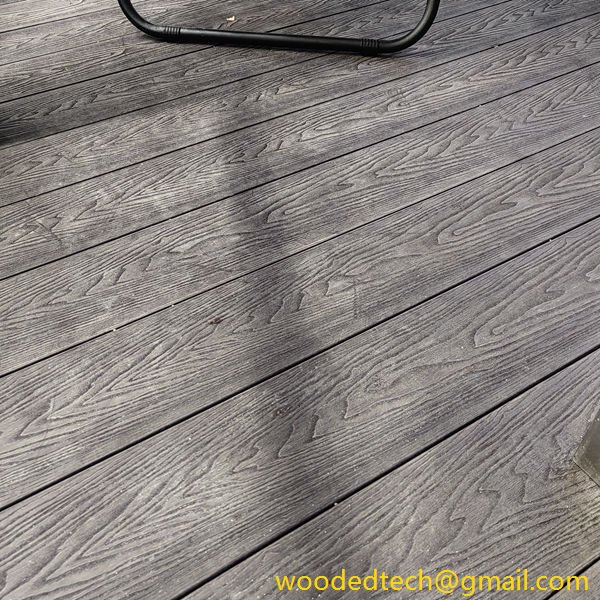What to Know About WPC Decking Dimension for Accurate Planning and Installation
When planning for the installation of Wood Plastic Composite (WPC) decking, it is essential to understand the dimensions and how they relate to global capacity distribution and pricing advantages. WPC decking has gained popularity due to its durability, low maintenance, and eco-friendly characteristics. However, to maximize its benefits, accurate planning and installation are crucial.
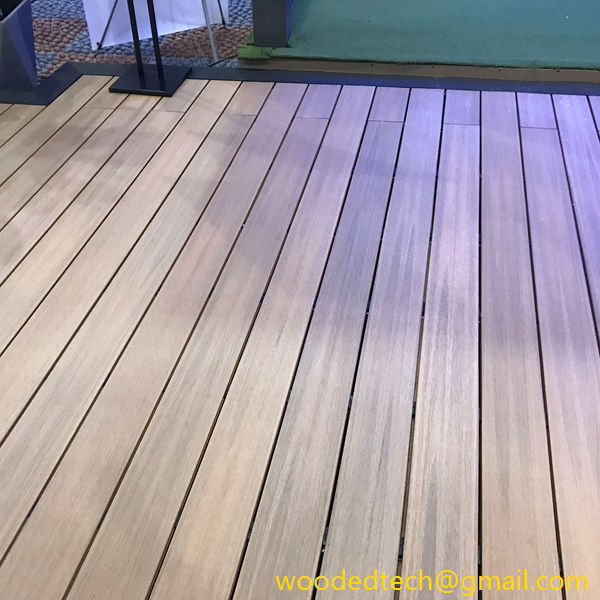
First, let’s explore the global capacity distribution of WPC decking production. The manufacturing of WPC products is spread across various regions, with significant production hubs located in North America, Europe, and Asia. Each of these regions has its unique advantages and challenges. For instance, North America is known for its advanced technology and high-quality standards, which often results in premium pricing. Meanwhile, Asia, particularly countries like China and India, has a substantial manufacturing capacity that allows for lower production costs. This can lead to more competitive pricing for WPC decking products.
The distribution of WPC decking production also influences the availability of materials in different markets. In regions where production is concentrated, such as Southeast Asia, consumers may find a wider range of products and styles available at competitive prices. Conversely, in areas with limited local manufacturing, transportation costs can drive up prices, making it essential for consumers to consider their location when planning for installation. Understanding these dynamics can help consumers make informed decisions about sourcing materials, ultimately affecting the overall budget for their decking project.
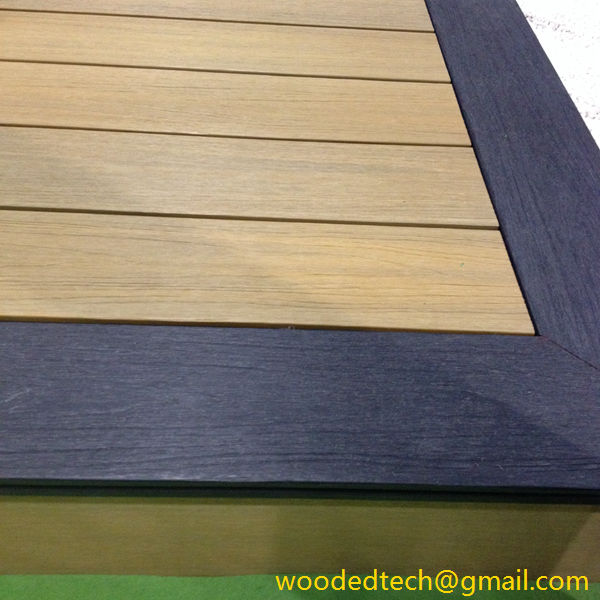
Next, we need to consider the price advantages that come with understanding global production capacities. Prices for WPC decking can vary significantly based on several factors, including material quality, manufacturing processes, and regional economic conditions. For instance, while a high-quality WPC product made in North America may be more expensive, it often comes with warranties and certifications that can provide peace of mind. On the other hand, a lower-cost option from Asia may offer significant savings upfront but could lack the same level of durability or environmental certifications.
When planning for WPC decking installation, understanding the dimensions of the products is key. WPC decking boards typically come in standard sizes, but variations exist based on the manufacturer and specific product lines. Most commonly, decking boards are available in widths ranging from five to six inches and lengths that can vary from eight to twelve feet. However, custom sizes may also be available for those with specific design requirements. It is essential to accurately measure the area where the decking will be installed and calculate the total square footage needed. This ensures that you purchase the correct amount of decking material, reducing waste and potential additional costs.
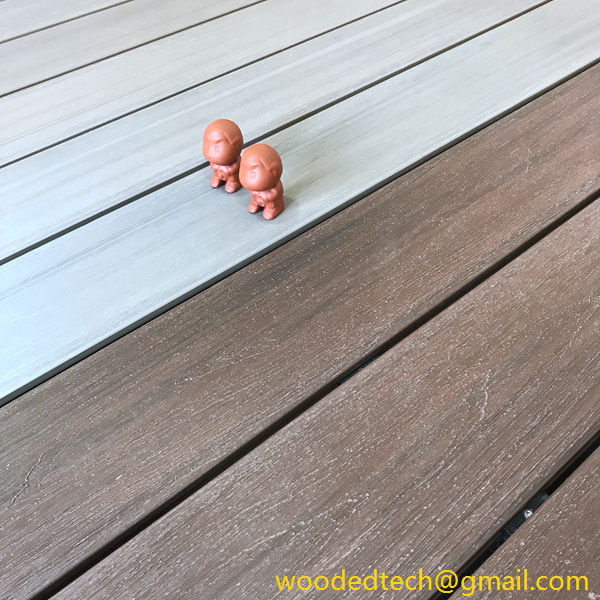
Another dimension to consider is the thickness of the boards, which can range from one inch to more than two inches. Thicker boards tend to be sturdier and more durable, making them suitable for high-traffic areas or regions with harsh weather conditions. However, they also come at a higher price point. When selecting the thickness, it is essential to consider the intended use of the decking and the local climate, as these factors can significantly impact the longevity of the product.
Installation techniques are also influenced by the dimensions of WPC decking. Proper installation is crucial for ensuring the longevity and performance of the decking. Most WPC boards require specific spacing between them to allow for expansion and contraction due to temperature changes. Failure to allow for this can lead to warping or buckling. Additionally, the installation method, whether using hidden fasteners or traditional screws, can also impact the overall aesthetics and functionality of the decking.
In conclusion, planning for WPC decking installation requires a comprehensive understanding of product dimensions and how they relate to global production capacities and pricing advantages. By being aware of the various factors that influence the availability and pricing of WPC materials, consumers can make informed decisions that align with their budget and project goals. Accurate measurement and consideration of the specific needs of the installation site will also contribute to a successful decking project. Ultimately, a well-planned approach will lead to a beautiful and functional outdoor space that enhances the property’s value while providing a long-lasting and enjoyable experience.

